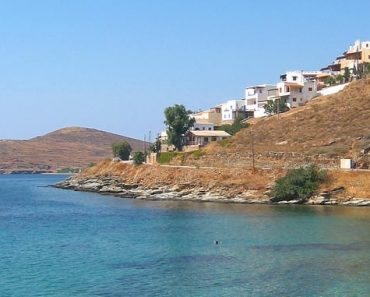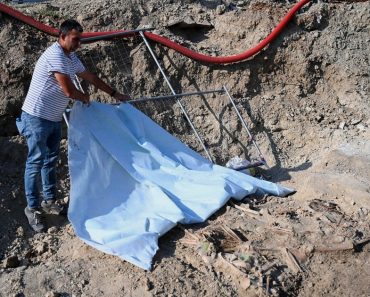
In this 2018 photo earthmovers push mountains of garbage as seagulls fly over the country’s largest landfill at Fyli on the outskirts of Athens. [AP]
Greece’s Environment Ministry plans to launch a public consultation this summer on a national waste-to-energy strategy, which includes the construction of six incineration plants across the country (in Rodopi, Kozani, Peloponnese, Viotia, Attica, and Iraklio), according to a feasibility study seen by Kathimerini.
The plants, to be built and operated by private investors under 25-year contracts, would process around 1.3 million tonnes of refuse-derived fuel annually, while an additional 150,000 tonnes of higher-quality material would be sent to the cement industry. The government says the project aims to reduce landfill use to below 10% by 2030, in line with EU targets.
Gate fees for municipalities are expected to range between €106 and €138 per tonne, comparable to landfill charges, the study shows. Energy produced from the facilities would be subsidised at €80.92 per MWh, with potential revenue from metal scrap sales.
Environmental group WWF Greece expressed strong opposition to the plan. According to Achilleas Plitharas, the group’s footprint manager, this strategy will entrench incineration as the dominant waste management method, undermining recycling and imposing high financial and environmental costs on citizens.
Plitharas warned that actual costs are likely underestimated, citing future emissions trading costs and generous energy subsidies that could raise gate fees to €200-250 per tonne. He also criticized the lack of transparency and public participation in the planning process.
“The state must explain to the European Commission why it is turning to incineration in 2025, despite the EU trend moving in the opposite direction.”




